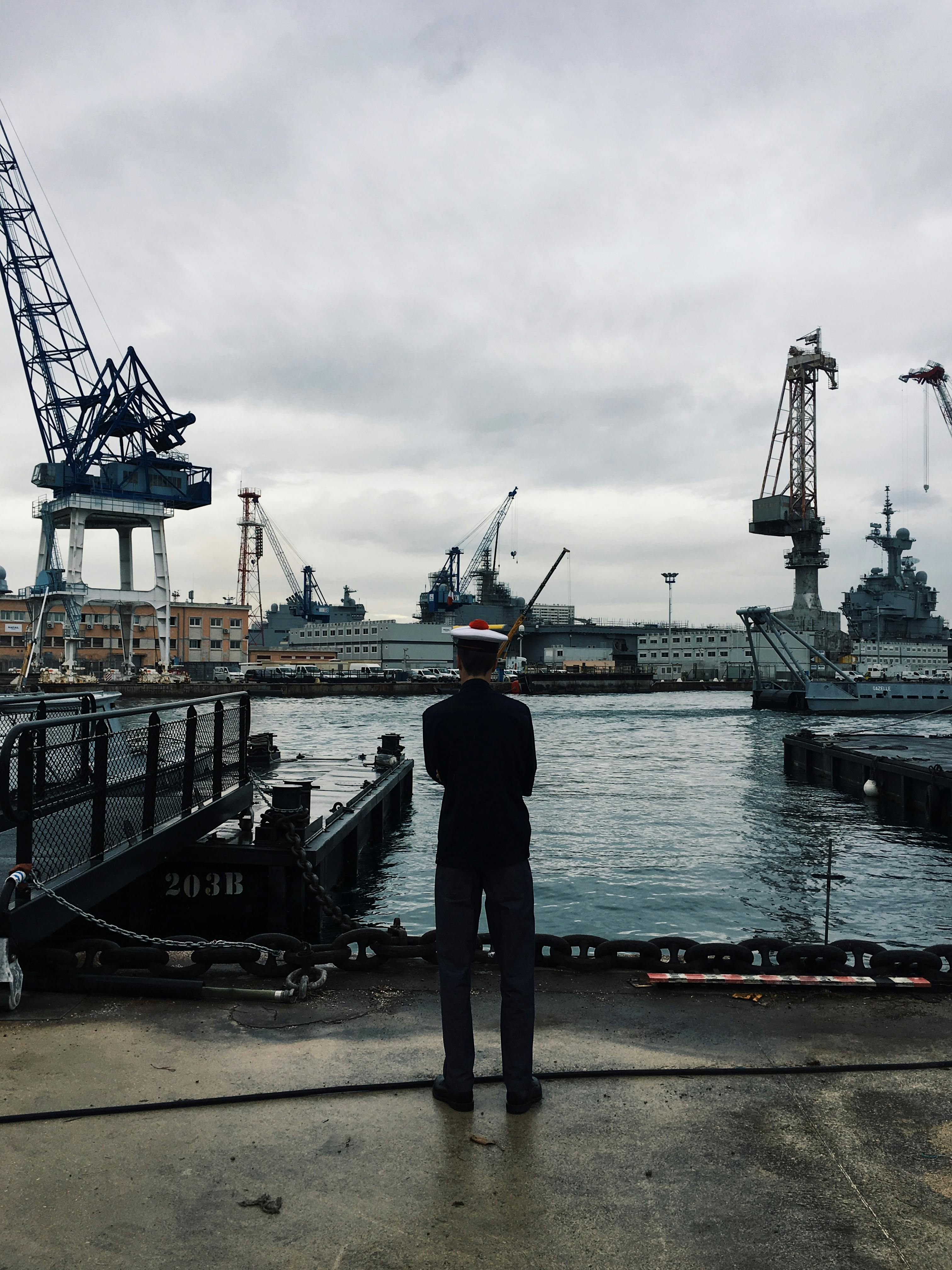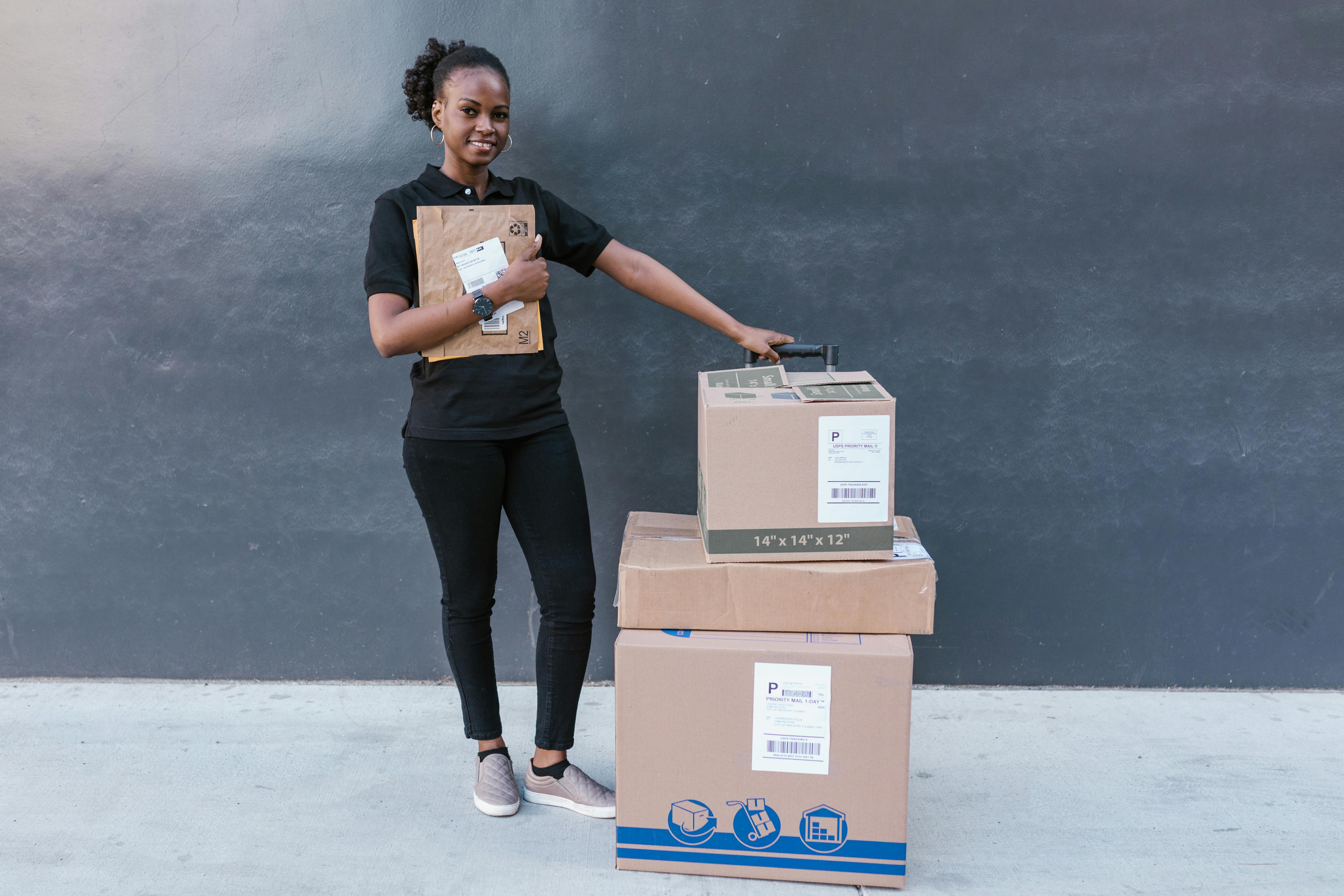
Apply Now


Best 5 Ways Homelander Could Meet His End in 2025
Introduction to Homelander’s Final Fate
In the world of "The Boys," Homelander stands as both a symbol of ultimate power and a chilling representation of moral ambiguity. As a complex character with extraordinary abilities, his story arc raises critical questions about heroism, ethics, and the consequences of unchecked power. The anticipation of how his journey will conclude captivates both readers and audiences alike. This article explores the compelling possibilities surrounding Homelander's demise, including major plot twists and character developments that could evolve in 2025. Homelander’s character is an embodiment of the dark superhero narrative that Garth Ennis created, attracting viewers with his psychopathy and the layered conflicts inherent to his persona. As we delve into five potential scenarios detailing his demise, we aim to examine the implications and the moral dilemmas entrenched within these outcomes, poised against the backdrop of "The Boys" series conclusion.Unraveling the Homelander Character Arc
Understanding Homelander’s demise requires a thorough examination of his character development throughout "The Boys" series. Homelander, as a caricature of the quintessential superhero, exhibits not only superhuman powers but also profound internal struggles. His vulnerabilities lie at the core of his psyche—struggles with identity, power, and his twisted relationships with both Vought and his peers. This evolution of character highlights fundamental themes that are prevalent in the comic book world: the nature of heroism, moral ambiguities, and the psychological impact of power. As the series progresses, Homelander's tragic flaws become increasingly pronounced, suggesting that his downfall will be tied intimately to his character arc and the flaws that define him. These flaws, coupled with his relationships with other characters, particularly Butcher and his antagonism towards A-Train, set the stage for potential conflicts that could lead to his demise.1. The Reckoning with Butcher
In a climactic reversal, Homelander’s confrontation with his longtime nemesis, Butcher, could ultimately seal his fate. The tension between these two characters has evolved throughout the series, framing their relationship as a blend of mutual hatred and twisted admiration. If the narrative pushes towards a direct conflict between them, it could lead to a showdown reflective of the moral tensions present in the series. Butcher's own struggles with mortality and moral repercussions could serve as a catalyst for a fierce battle—one that reveals not just physical confrontations, but a clash of ideologies. Ultimately, this conflict could result in a heroic sacrifice from another character, resulting in Homelander's death while revealing the true complexities of both characters and exploring themes of redemption.
2. The Collapse of Vought
Vought International has been the financial and ideological backbone supporting Homelander's reign. However, as the "The Boys" storyline escalates, a total collapse of Vought could leave Homelander vulnerable. Betrayed by those closest to him or thrown into political chaos, his once-unassailable power could swiftly disintegrate, leading him into a spiral of desperation. Imagine a scenario where Vought crumbles under internal dissent, resulting in a faction that seeks to dethrone him. This reveal could lead to multiple character betrayals, reflecting the ongoing moral conflicts in the storyline. The disintegration of authority could serve as the perfect storm for a tragic end, emphasizing his isolation and the hollow nature of his perceived strength.3. Facing His Own Created Monsters
Another potential avenue for Homelander’s end involves a confrontation with the very superheroes he helped create. The introduction of new anti-heroes, potentially with abilities designed to counter him, may set the stage for a cataclysmic battle. This would not only demonstrate the repercussions of his actions but also dramatize the series’ theme of moral consequences and the cyclical nature of violence within superhero mythology. As these characters come into play, viewers could witness an intense showdown wherein Homelander's past decisions manifest in unexpected and lethal ways. Through this confrontation, the narrative could explore the idea that whatever you create also has the potential to destroy you.